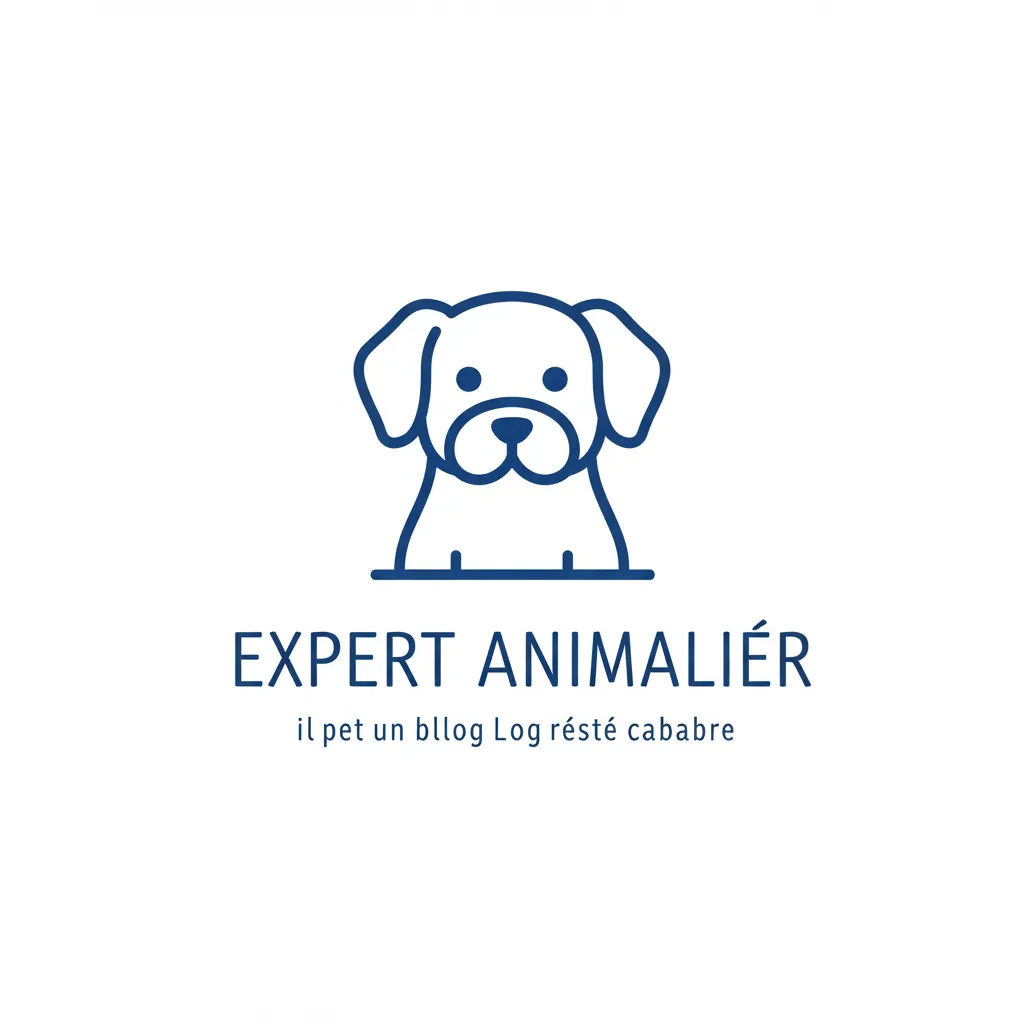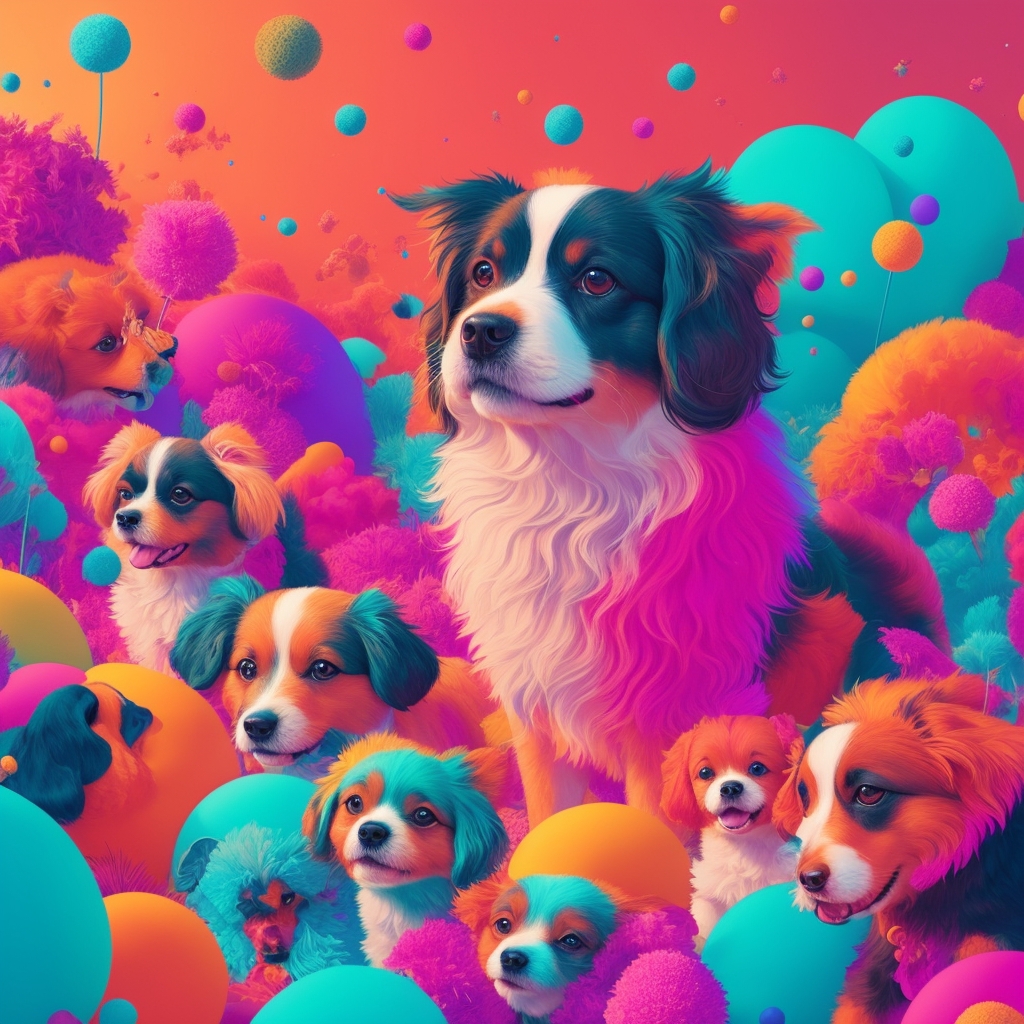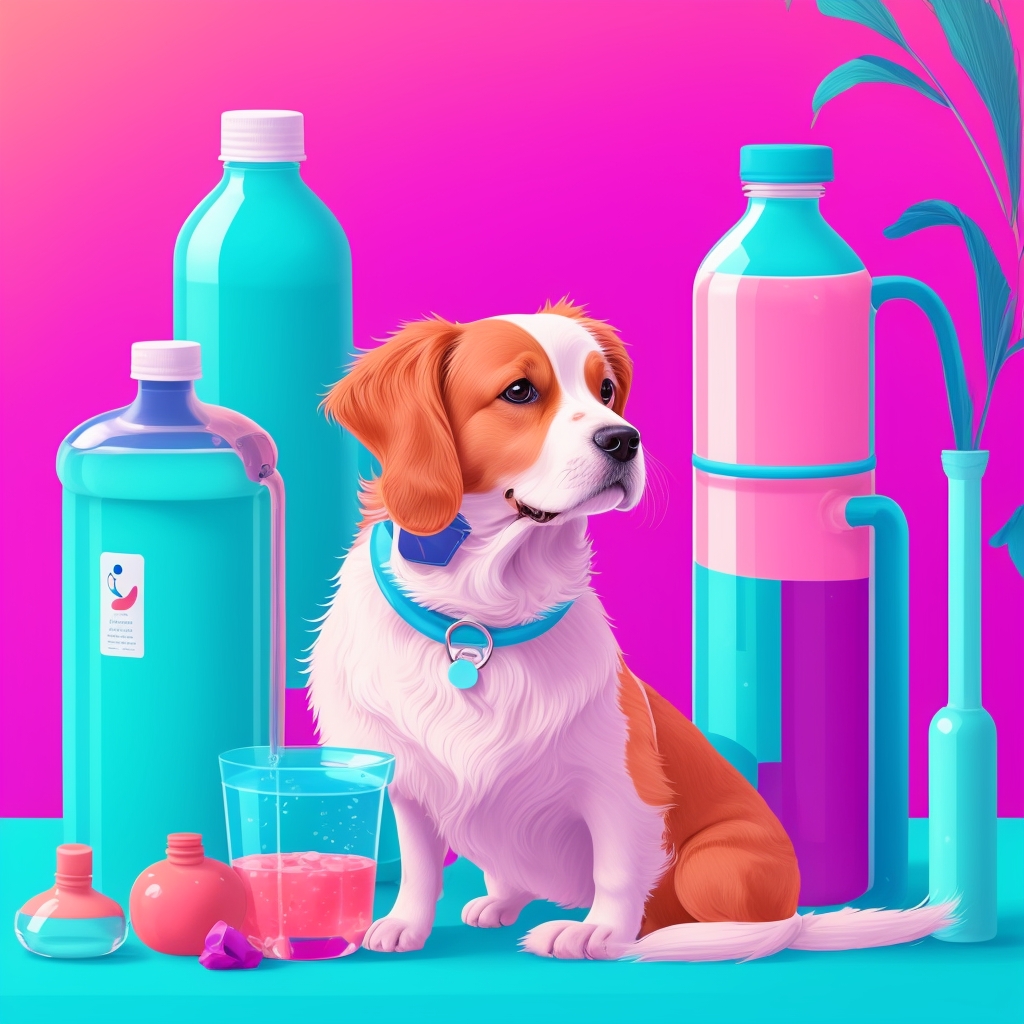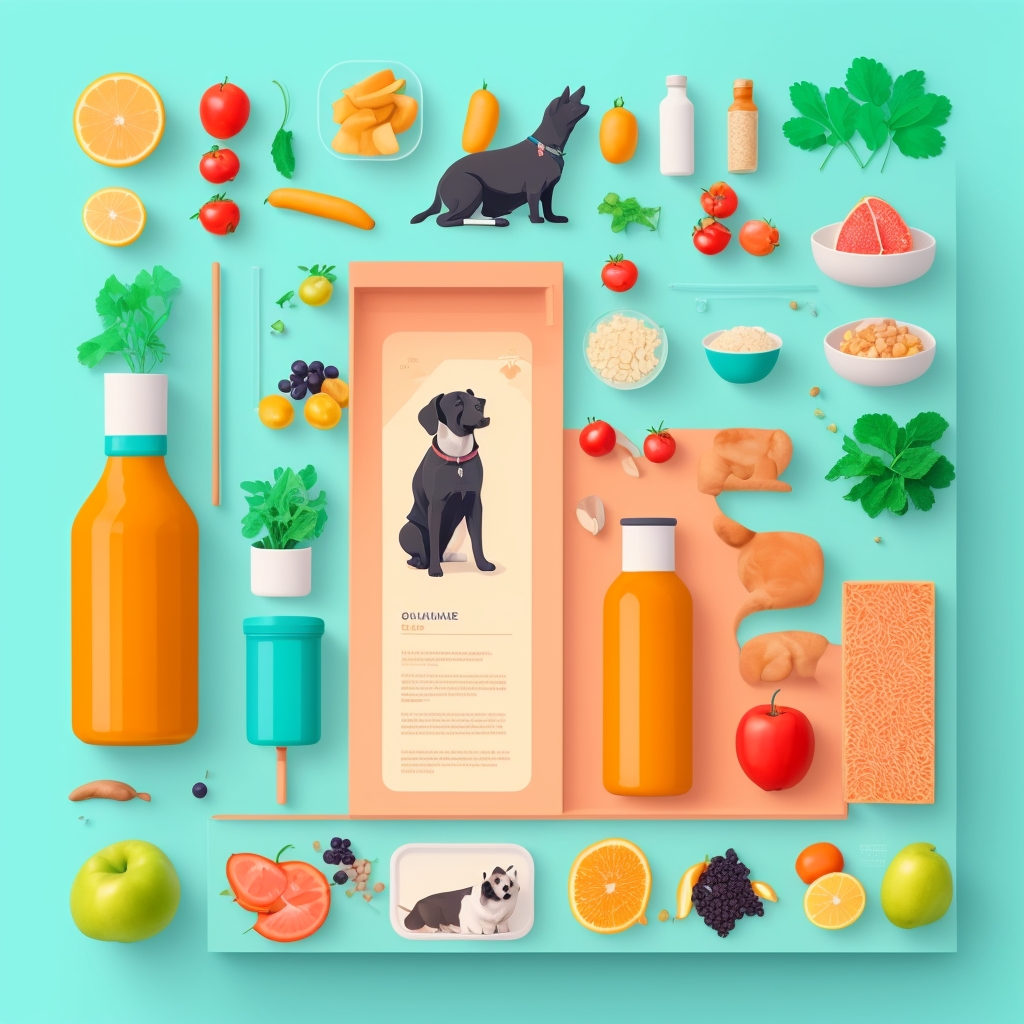Your dog’s coat health is often a direct reflection of their overall well-being. A shiny, thick coat isn’t just aesthetically pleasing; it’s a key indicator that your four-legged friend is in good health. However, various environmental factors can significantly influence this health. Understanding these factors is crucial to ensure your dog maintains a healthy and radiant coat. In this article, we’ll explore how the environment impacts your dog’s coat health, offering concrete examples, practical tips, and an FAQ section to answer your most common questions.
Environmental Factors Influencing the Coat
Air Pollution
Air pollution is a significant concern in many parts of the world. Airborne particles, toxic gases, and other pollutants can settle on your dog’s coat, making it dull and dry. Furthermore, these substances can irritate the skin, leading to itching and inflammation. Just like humans, dogs can experience environmental stressors on their skin and fur.
Climatic Conditions
Variations in temperature, humidity, and sun exposure are all climatic factors that affect coat health. For instance, prolonged sun exposure can lead to a dry, brittle coat, while a humid climate can promote the growth of fungi and bacteria, potentially causing skin infections. Extreme cold can also dry out skin and hair.
Allergens and Parasites
Allergens like pollen, dust, and dust mites can cause skin reactions in some dogs, directly impacting their coat’s health and appearance. Additionally, parasites such as fleas and ticks often hide in the fur, causing intense irritation, itching, and potential infections if left untreated.
Chemical Products
The use of chemical products in the home environment, such as household cleaners or lawn fertilizers, can also have a detrimental impact on coat health. These products can trigger allergic or irritating reactions if your dog comes into contact with them, leading to skin rashes or dull fur.
Concrete Examples and Use Cases
Consider Max, a Golden Retriever living in an urban environment. His owner, Sophie, noticed Max’s coat had become dull and he was scratching frequently. After consulting a vet, she learned that the air pollution in her city was a primary cause. She then committed to bathing him more frequently with a specialized shampoo and brushing him regularly to remove pollutant particles from his fur.
Another case is Bella, a Border Collie living in a region with very hot summers. Her owner, Marc, noticed Bella’s coat became dry and brittle during this season. Upon consulting specialists, he made it a habit to regularly hydrate her coat with natural oils after walks, effectively restoring its softness and shine.
Key Points and Best Practices
- Regular Brushing: Brushing your dog’s coat helps remove dirt, allergens, loose hair, and even some parasites. It’s also an excellent opportunity to check their skin condition and detect any potential abnormalities early.
- Appropriate Baths: Use shampoos specifically formulated for dogs. While bathing too often can strip natural oils from their skin, regular baths with the right product can effectively protect against environmental pollutants and remove irritants.
- Parasite Protection: Use vet-recommended antiparasitic treatments to prevent flea and tick infestations. Consult your veterinarian for a suitable treatment plan tailored to your dog’s size, age, and lifestyle.
- Balanced Diet: A diet rich in omega-3 and omega-6 fatty acids can significantly improve coat health from the inside out, providing the essential nutrients for a strong, shiny coat. Include high-quality, fresh ingredients in your dog’s diet.
FAQ
1. How do I know if my dog’s coat problems are due to the environment?
Environmental-related coat problems often manifest as a dull coat, excessive itching, or unusual hair loss. If you notice these symptoms, it’s best to consult a veterinarian for an accurate diagnosis and to rule out other underlying health issues.
2. What type of shampoo should I use for my dog?
Always use a shampoo specifically formulated for dogs, ideally one that is hypoallergenic and pH-balanced. Avoid products containing artificial fragrances or dyes, as these can irritate sensitive skin.
3. My dog is shedding a lot, is that normal?
Hair shedding can be normal, especially during seasonal molting periods (spring and fall). However, if the hair loss is excessive, localized, or accompanied by irritated skin patches or bald spots, consult a veterinarian.
4. Are flea and tick products safe for my dog?
Yes, they are generally safe when used correctly. However, it’s crucial to choose products appropriate for your dog’s size, age, and health status. Always consult your veterinarian before applying any new antiparasitic treatment.
5. What should I do if my dog is allergic to pollen?
During high pollen seasons, limit outdoor excursions, especially during peak pollen times. Wipe your dog’s paws and coat with a damp cloth after walks to remove allergens. Your veterinarian can also recommend appropriate medications or treatments to manage allergy symptoms.
Conclusion
Your dog’s coat health is intimately linked to the environment in which they live. By understanding the factors that can influence the quality of their coat, you’ll be better prepared to provide them with the appropriate care. Whether through a balanced diet, good hygiene practices, or protection against parasites, numerous solutions exist to preserve the beauty and health of your pet’s coat. For personalized advice and comprehensive care, always consult a professional veterinarian.







